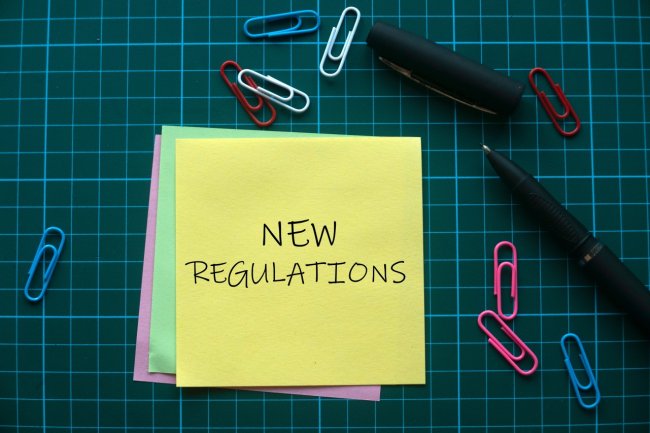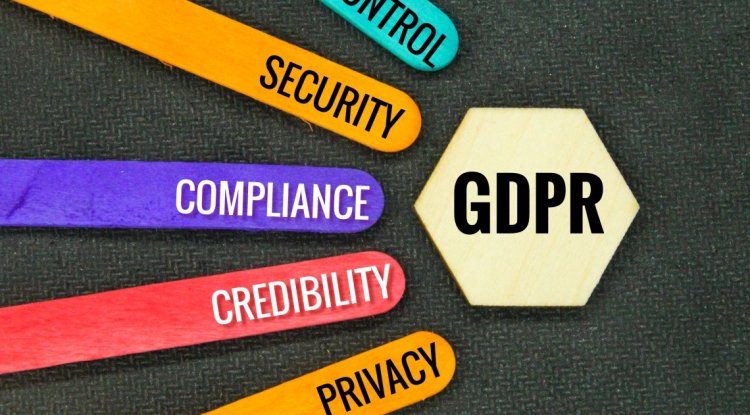GDPR and Marketing: Balancing Personalization and Privacy
Discover how the GDPR impacts modern marketing strategies, striking a balance between personalized customer experiences and data privacy. Explore real-world case studies and expert insights.

In today's digitally-driven landscape, where every click, purchase, and interaction leaves a data trail, the delicate interplay between personalization and privacy has become a pivotal concern for marketers. The General Data Protection Regulation (GDPR), a landmark European Union regulation, stands as a staunch guardian of individual privacy rights while shaping the contours of modern marketing practices.
Case Study: Striking the Balance for Enhanced Engagement
Imagine a leading e-commerce giant seeking to harness customer data for personalized marketing campaigns. While the intent is to create tailored shopping experiences, GDPR compliance looms large. By employing anonymized data and obtaining explicit consent, the company orchestrates a seamless engagement strategy. This approach not only adheres to GDPR's stringent guidelines but also paves the way for a deeper customer-brand relationship, resulting in a notable upswing in customer retention and satisfaction.
Navigating the GDPR Tightrope
Bold strides in digital marketing often involve the meticulous orchestration of personalized experiences. However, the GDPR erects stringent guardrails around data collection, processing, and usage. Striking a harmonious equilibrium necessitates:
1. Explicit Consent: Embrace clear and concise language when seeking consent, leaving no room for ambiguity. Ensure users understand what data will be collected and how it will be used.
2. Data Minimization: Collect only the data necessary for the intended purpose. Avoid hoarding excess information that could potentially infringe on user privacy.
3. Transparent Communication: Illuminate your data practices through accessible privacy policies. Keep users informed about how their data is handled, shared, and protected.
4. Robust Security Measures: Fortify your digital infrastructure against breaches. Prioritize encryption, secure authentication, and regular audits to safeguard user data.
5. Anonymization and Pseudonymization: Utilize techniques like anonymization and pseudonymization to process data without directly identifying individuals, ensuring their privacy remains intact.
The GDPR Advantage
Contrary to popular belief, GDPR compliance doesn't stifle innovation; it fuels it. By mandating a thoughtful, transparent approach to data usage, the GDPR establishes a foundation of trust between brands and consumers. This trust, in turn, fuels more meaningful interactions, propelling businesses toward sustained success.
About Myself:
I am Raghav Chugh, a seasoned digital marketing professional with a passion for innovative marketing strategies that respect user privacy. With over a decade of experience, I hold Marketo Certified Expert certifications and have led numerous successful campaigns. My expertise spans marketing automation, lead lifecycle design, and advanced technical proficiencies across various platforms. Connect with me on LinkedIn for more insights.
Empowering the World Through Knowledge: Zigmo.in
At Zigmo.in, we are committed to empowering individuals and businesses worldwide with articles like this, elucidating the intricacies of modern marketing landscapes. Our mission is to demystify complex subjects, such as GDPR, and provide actionable insights. Spearheaded by Raghav Chugh, our platform is dedicated to fostering a culture of privacy-conscious marketing while driving results that matter.
Explore articles, discover innovative solutions, and unlock the potential of marketing in a privacy-focused era with Zigmo.in.
What's Your Reaction?




















